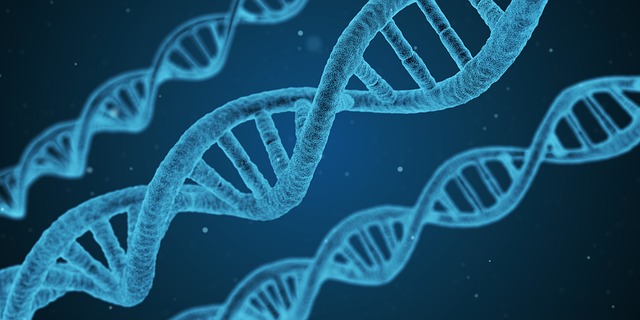
In 2014, our Michigan Legislature passed Senate Bill 0105 governing deoxyribonucleic acid, also known as DNA, collection in our state. The Governor then signed the bill and it was made into Michigan law. This statute allowed police officers to collect the samples from people after they were arrested for a felony, even if they hadn’t been formally charged with a crime. There was considerable uproar in the wake of this law because many of us believed that it violated our Constitutional right to privacy. On the flip side, others believe that it is a critical step in solving crimes. So let’s take a look at this debate.
The mere mention of DNA sampling in the context of criminal law is met with a firestorm of debate, rousing a battle of sharpened opinions across our state and across the nation. Why is that, you may wonder? What exactly is it about DNA sampling that people find to be such a divisive subject? And why are the battle lines so clearly drawn?
The answer is both very simple and rather complex, all at the same time. The simple version can be put in a nutshell: DNA sampling helps to solve crimes which is good, versus DNA sampling is a violation of 4th amendment rights, which is bad. However, as with most heavily debated subjects, there is much more going on beneath the surface.
The argument for DNA sampling is based on the theory that criminals tend to be repeat offenders. There are a surprising number of studies that have been done over the years which show that DNA sampling not only solves crimes, but also helps to prevent them by taking criminals off of our streets. This is a widely held belief and it explains why there are currently a total of 30 states, along with the federal government, that have DNA arrestee laws on the books.
Many of the states that currently support the sampling of DNA from those that have been arrested, have also collected statistics over the years to reveal whether or not their state has benefited from the law with regard to a reduction in crime. Studies done in Virginia, Maryland, Washington, to name but a few, all show a significant increase in solved crimes using DNA sampling. This appears to be the case when it comes to sexual assault crimes, in particular.
The argument against it, however, claims that sampling an individual’s DNA when they haven’t been convicted of a crime is a violation of their 4th amendment rights. The 4th amendment provides freedom from unreasonable search and seizure. Of course our United States Constitution also provides for our privacy. But this alone opens up a whole new can of worms. After all, can it be considered unreasonable even if your DNA proves that you are guilty of crimes? Some say yes, some say no.
Another argument against DNA sampling is the emerging science of the study of DNA’s genetic markers. In 2008 a Constitutional lawyer named Stephen B. Mercer provided testimony in front of a congressional hearing in which he warned against the future use of DNA in behavioral genetics. His claim was that, in the not too distant future, there was a very real possibility that scientists may use genetic markers to predict all manner of things, from personality traits to mental illnesses and substance abuse tendencies. In essence – the chance that people may be labelled for crimes they have not yet committed.
However, the counter-argument for this is the fact that DNA has it’s limits. While genetic markers found in DNA can reveal an individual’s eye and hair color and also disclose any illnesses they may have, there is no case history or legal precedent for the use of DNA in convicting someone of a crime, other than to prove that they were present at the scene of the crime and a participant in a certain action. For example: the presence of an individual’s semen in a rape victim can be used as proof that the individual was the rapist.
As of now, there is no firm right or wrong stance on the issue of DNA. It does appear, though, that most courts are in favor of DNA evidence, and frequently rule in favor of allowing it in as evidence. As such, how you stand on the debate about DNA will likely determine how you feel about other technological advancements affecting criminal justice in the future.
However, regardless of how DNA or any other form of evidence may affect a case, one of the most critical factors involved is the criminal defense attorney you choose to represent you. A weak, inexperienced or overwhelmed attorney will do a poor job which can cost you your future and your family. A strong, skilled attorney with years of experience will often make all the difference.
If you are up facing harsh allegations, or have been accused of a crime in Michigan, call the The Kronzek Firm immediately. Our accomplished attorneys have decades of experience representing thousands of people from all over the lower peninsula of Michigan. We can help you too. An attorney is standing by 24 hours a day, seven days a week to take your call. Contact us at 866-766-5245. We are here to help.





